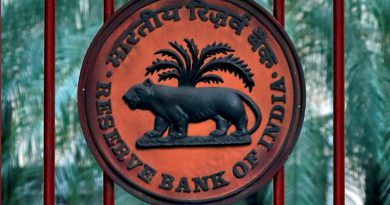Digital currency unlikely to harm Israel’s banking system, says central bank
Jerusalem (Reuters) – The Bank of Israel moved one step closer to the possible issuance of a digital shekel, saying on Wednesday it was unlikely there would be a significant erosion of the banking system’s business results.
Bank of Israel Governor Amir Yaron in November said the central bank was accelerating its study, research and preparation for the possible issuance of a digital shekel aimed at creating a more efficient payments system.
In an analysis published on Wednesday, the central bank said a digital shekel — which it is calling “shaked” for its Hebrew acronym — should not impact the banking system too much should the public adopt it as an alternative to cash.
“However, any potential transition of some of the public’s deposits to the shaked may have a material impact on: (1) the structure and quality of the banking system’s sources; (2) the banking system’s financing costs; (3) the volume and price of banking credit to the public; and more,” the central bank said.
It would also likely impact the Bank of Israel’s balance sheet, while banks would need to take steps to maintain liquidity levels, it added.
The Bank of Israel stressed that similar to other central banks, it had not yet decided whether it intends to issue a digital currency.
The Bank of Israel began to consider the possibility of issuing a central bank digital currency (CBDC) in late 2017 but a year later a team established to study the matter recommended against issuing one in the near future. Last May the central bank said it was once again considering issuing a digital shekel.
It said that a decline in the volume of the public’s deposits would lead to an increase in the banking system’s interest expenses – and thereby to erosion of its net profit – for a number of reasons.
But that “is not expected to lead to a significant erosion in the banking system’s business results, its stability — in particular, the Tier 1 equity ratio remains high — or its ability to provide credit and fulfil its classic functions in a modern economy,” the central bank said.



